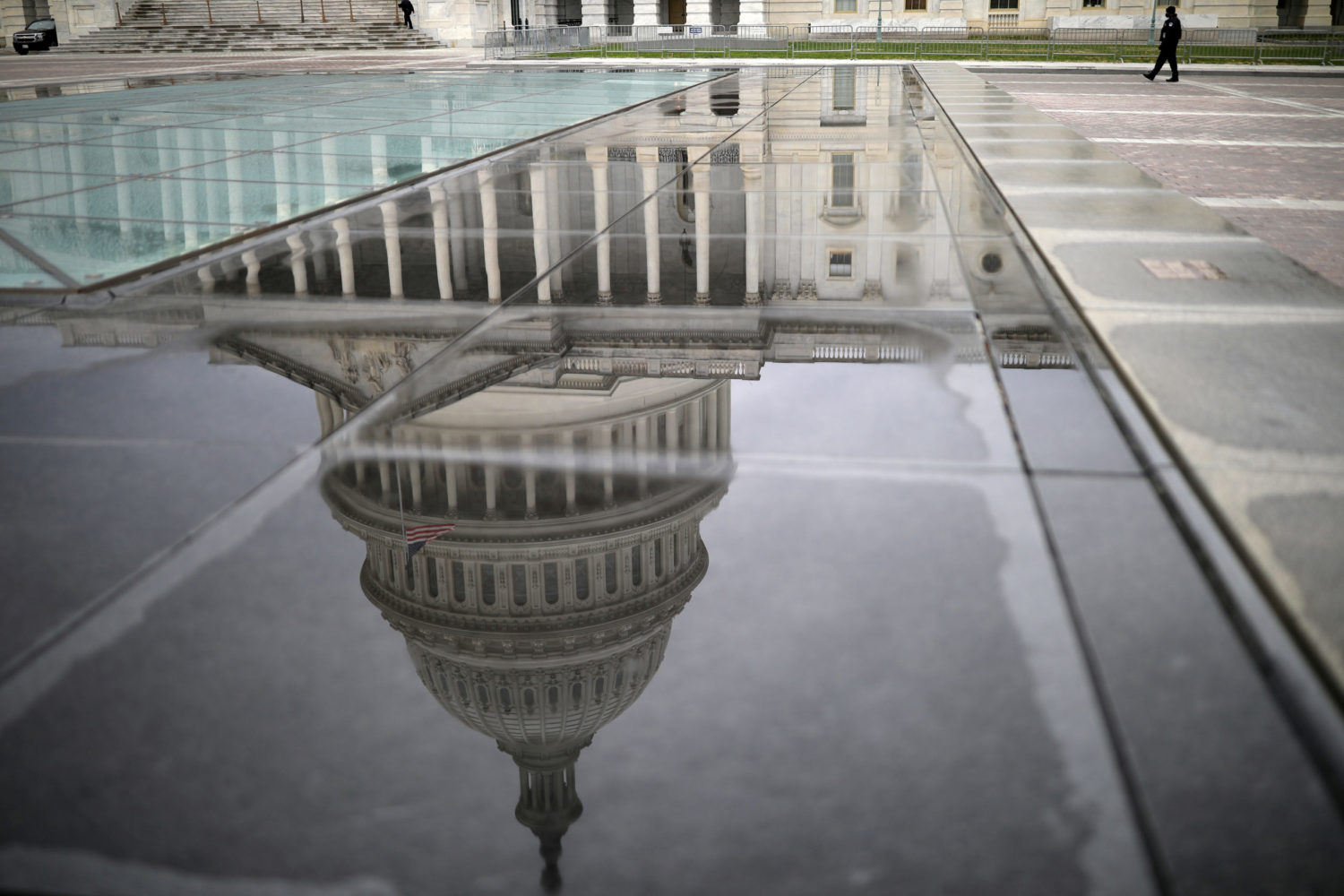
By Khalid Abdelaziz
KHARTOUM (Reuters) – Sudan’s armed forces chief defended the military’s seizure of power, saying he had ousted the government to avoid civil war, while protesters returned to the streets on Tuesday to demonstrate against the takeover after a day of deadly clashes.
The military takeover on Monday brought a halt to Sudan’s transition to democracy, two years after a popular uprising toppled long-ruling Islamist autocrat Omar al-Bashir.
Speaking at his first news conference since he announced the takeover, General Abdel Fattah al-Burhan said the army had no choice but to sideline politicians who were inciting against the armed forces.
“The dangers we witnessed last week could have led the country into civil war,” he said, an apparent reference to demonstrations against the prospect of a coup.
Prime Minister Abdalla Hamdok, who was arrested on Monday along with other members of his cabinet, had not been harmed and had been brought to Burhan’s own home, the general said. “The prime minister was in his house. However, we were afraid that he’d be in danger so he has been placed with me in my home.”
Burhan had appeared on TV on Monday to announce the dissolution of the Sovereign Council, a body set up after Bashir’s overthrow to share power between the military and civilians and lead Sudan to free elections.
The Facebook page for the office of the prime minister, apparently still under the control of Hamdok loyalists, called for his release and that of the other civilian leaders.
Hamdok remains “the executive authority recognized by the Sudanese people and the world,” the post said. It added that there was no alternative other than protests, strikes and civil disobedience.
Sudanese ambassadors to 12 countries, including the United States, United Arab Emirates, China, and France, have rejected the military takeover, a diplomatic source said on Tuesday.
Ambassadors to Belgium and the European Union, Geneva and U.N. agencies, China, South Africa, Qatar, Kuwait, Turkey, Sweden and Canada also signed on to the statement, which said the envoys backed popular resistance to the coup.
Western countries have denounced the coup, called for the detained cabinet ministers to be freed and said they will cut off aid if the military does not restore power-sharing with civilians.
SHOPS SHUT, PROTESTS FLARE IN CAPITAL
Khartoum and its twin city Omdurman across the Nile river were partly locked down on Tuesday with shops shut and plumes of smoke rising from where protesters were burning tires. Calls for a general strike were played over mosque loudspeakers. Streets and bridges were blocked by soldiers or protester barricades.
Downtown and commercial areas of Khartoum were empty with shops, markets and offices all shut in the city center.
The only people in the streets apart from protesters were security forces heavily deployed around the presidential palace and ministry of defense.
Some roads were still blocked by barricades erected by protesters made from stones, tree branches and burning tires. There were small groups of protesters but no leadership to coordinate them. Phone networks were patchy.
A group of neighborhood resistance committees in Khartoum issued a statement later on Tuesday announcing a schedule of further barricades and escalating protests leading to what it said would be a “march of millions” on Saturday.
Images on social media showed renewed street protests on Tuesday in the cities of Atbara, Dongola, Elobeid and Port Sudan. People chanted: “Don’t give your back to the army, the army won’t protect you.”
The military appeared to have underestimated civilian opposition on the street, according to Jonas Horner of the International Crisis Group.
“They haven’t learned their lesson,” he said. “As we saw post the revolution and post-Bashir, the streets were determined and civilians were willing to die for this.”
A health ministry official said seven people had been killed in clashes between protesters and the security forces on Monday.
Burhan said the military’s action did not amount to a coup, as it had been trying to rectify the path of the political transition.
“We only wanted to correct the course to a transition. We had promised the people of Sudan and the entire world. We will protect this transition,” said Burhan. He said a new government would be formed that would not contain any typical politicians.
Sudan, for decades a pariah under Bashir, has depended on Western aid to pull through an economic crisis in the two years since he was overthrown.
Banks and cash machines were closed on Tuesday, and mobile phone apps widely used for money transfers could not be accessed.
“We are paying the price for this crisis,” said a man in his 50s looking for medicine at one of the pharmacies where stocks have been running low said angrily. “We can’t work, we can’t find bread, there are no services, no money.”
In the western city of El Geneina, resident Adam Haroun said there was complete civil disobedience, with schools, stores and gas stations shut.
(Reporting by Nadine Awadalla, Nafisa Eltahir and Nayera Abdallah; Writing by Michael Georgy; Editing by Peter Graff and Mark Heinrich)












